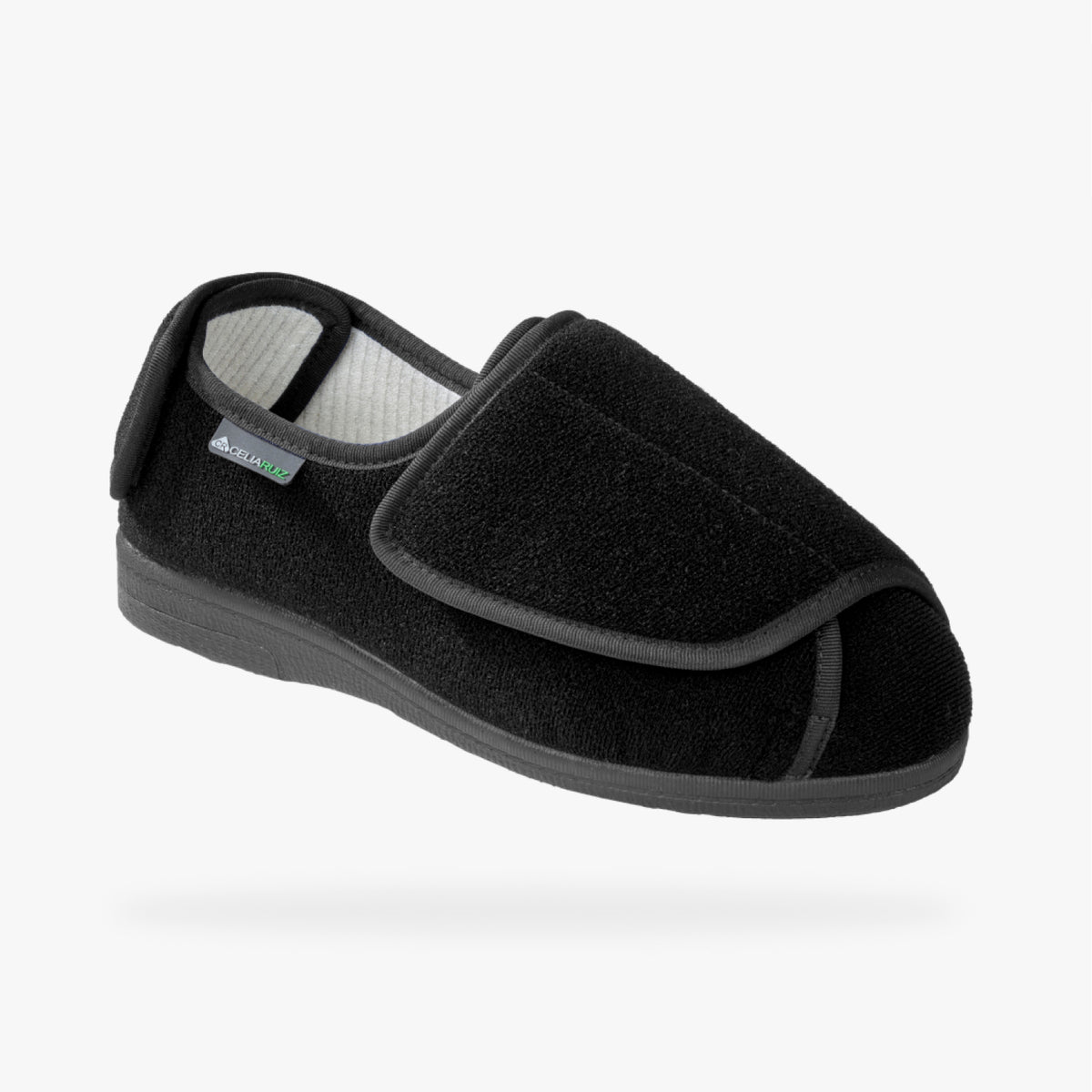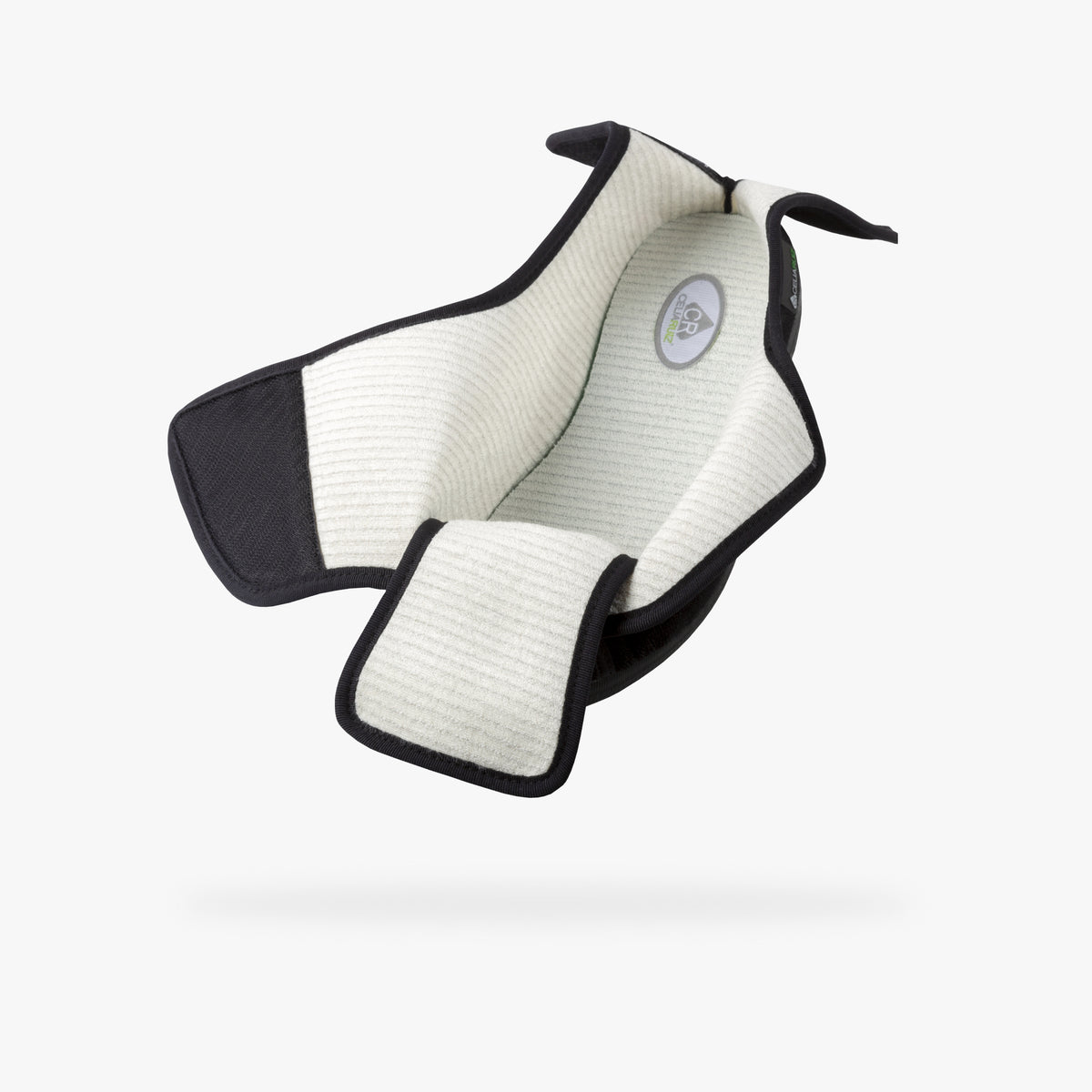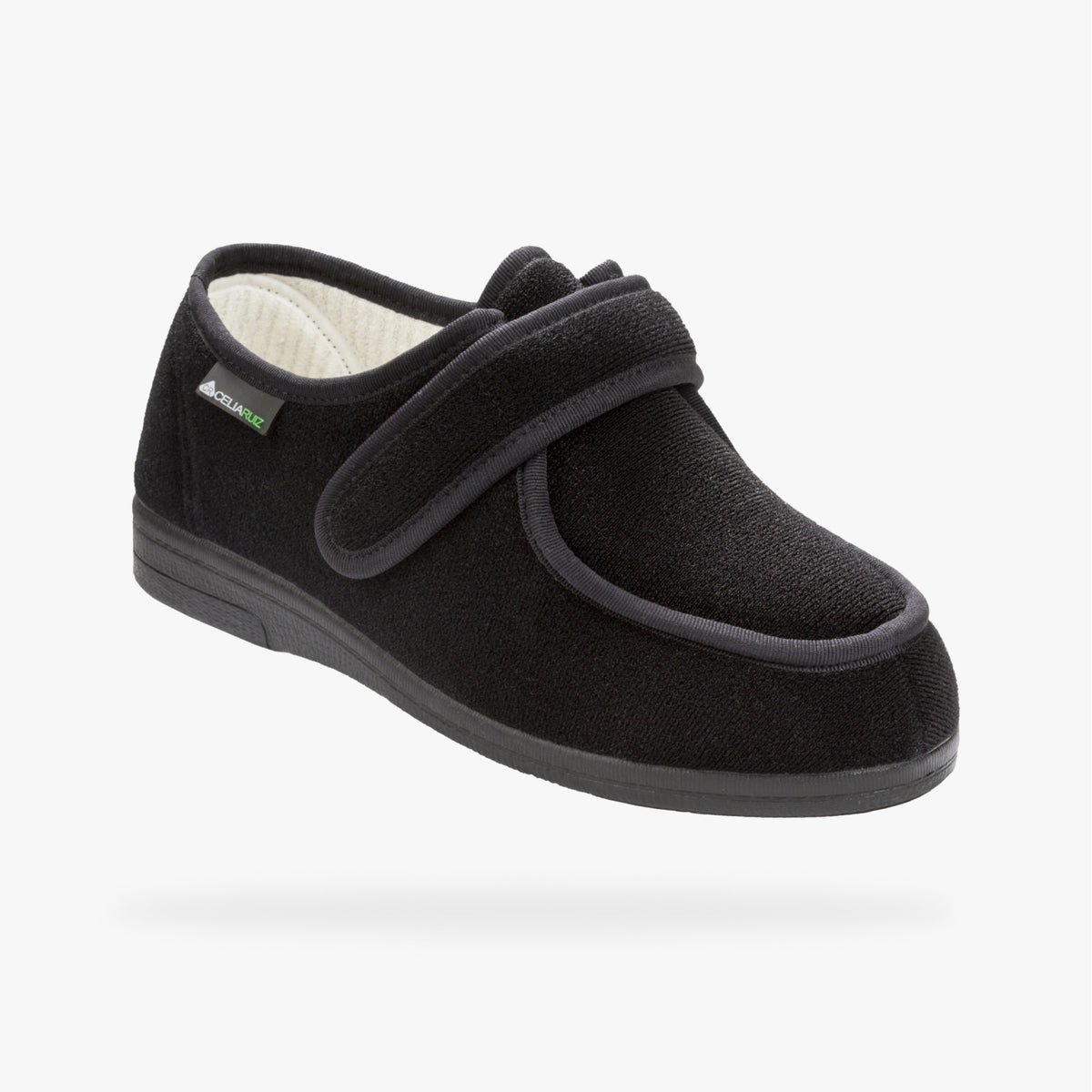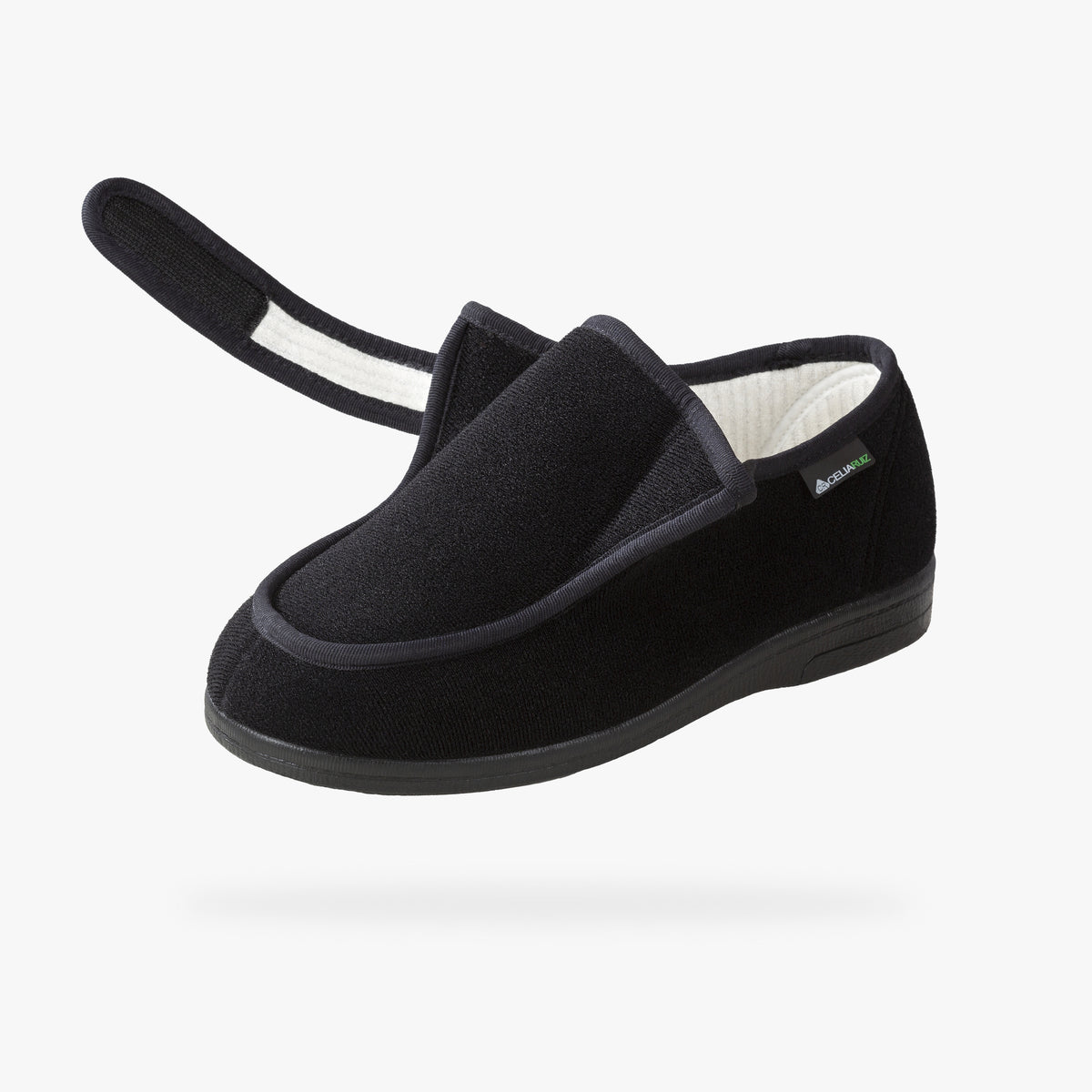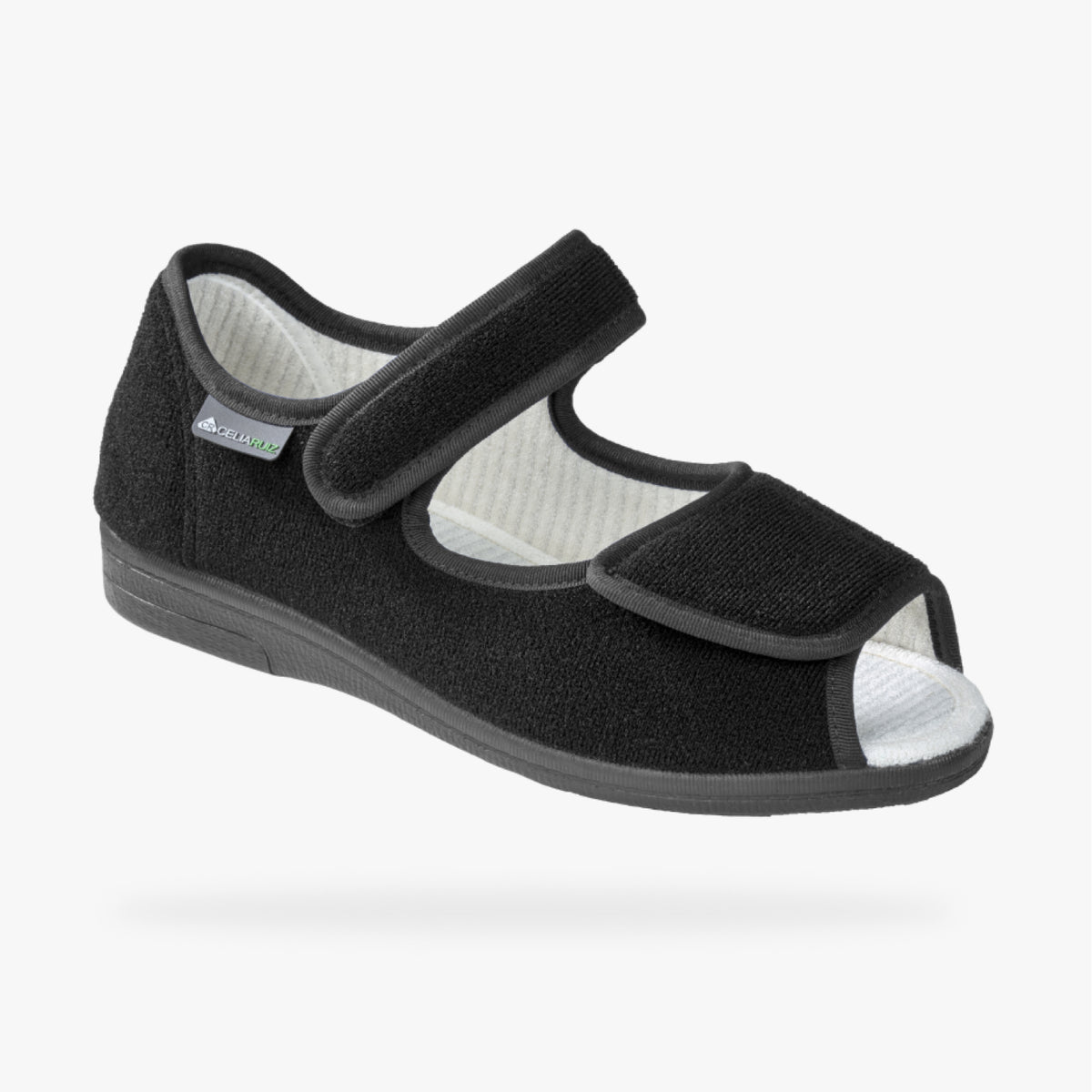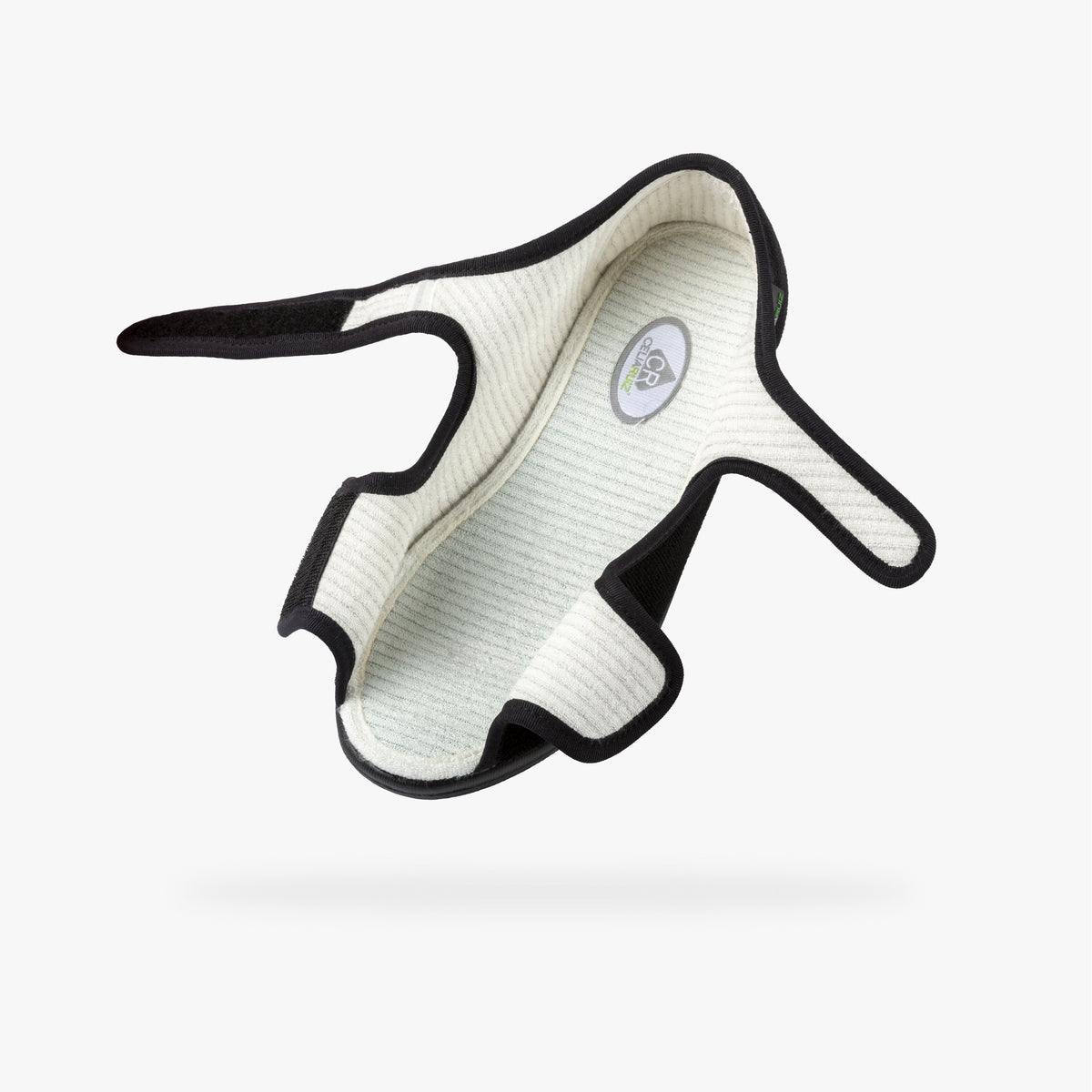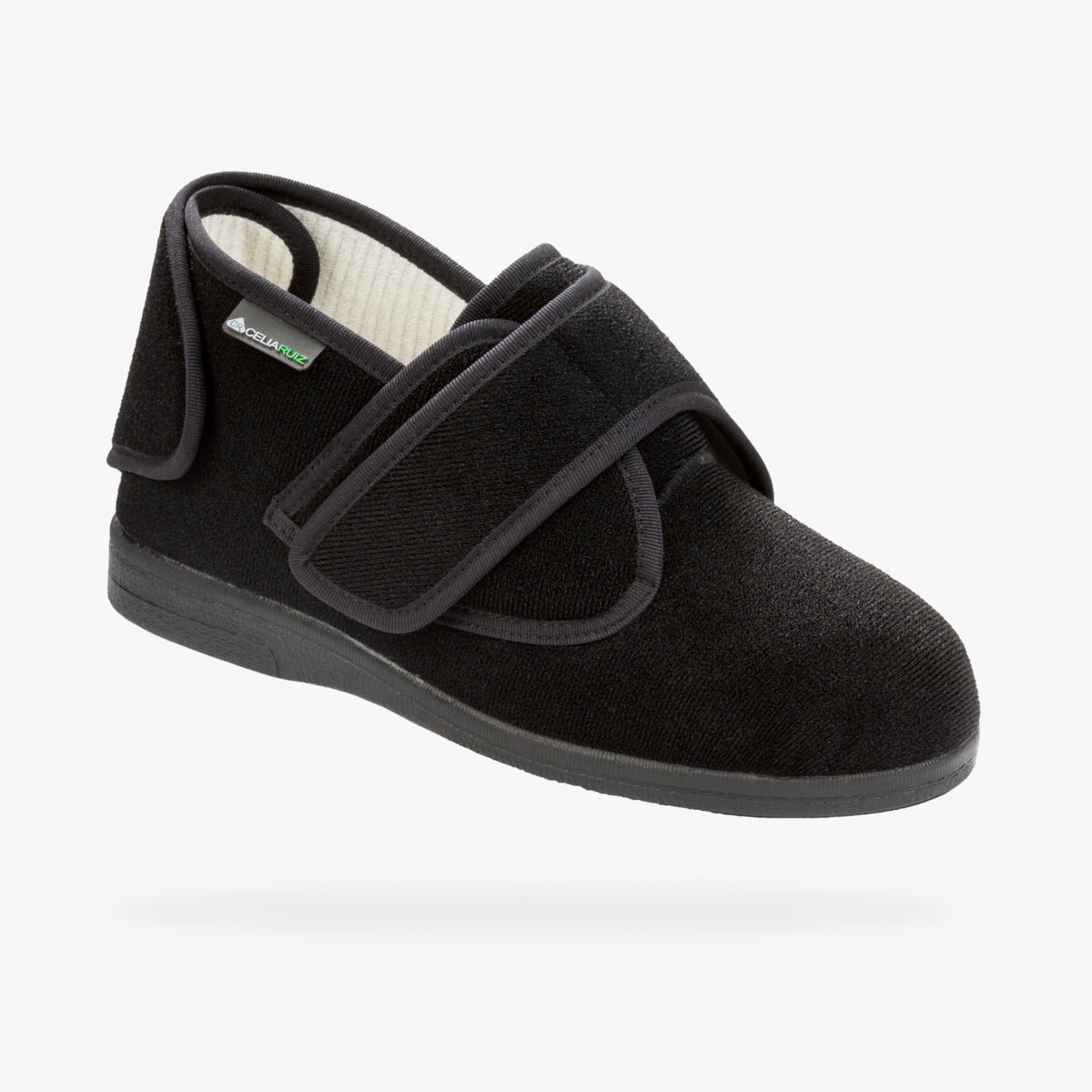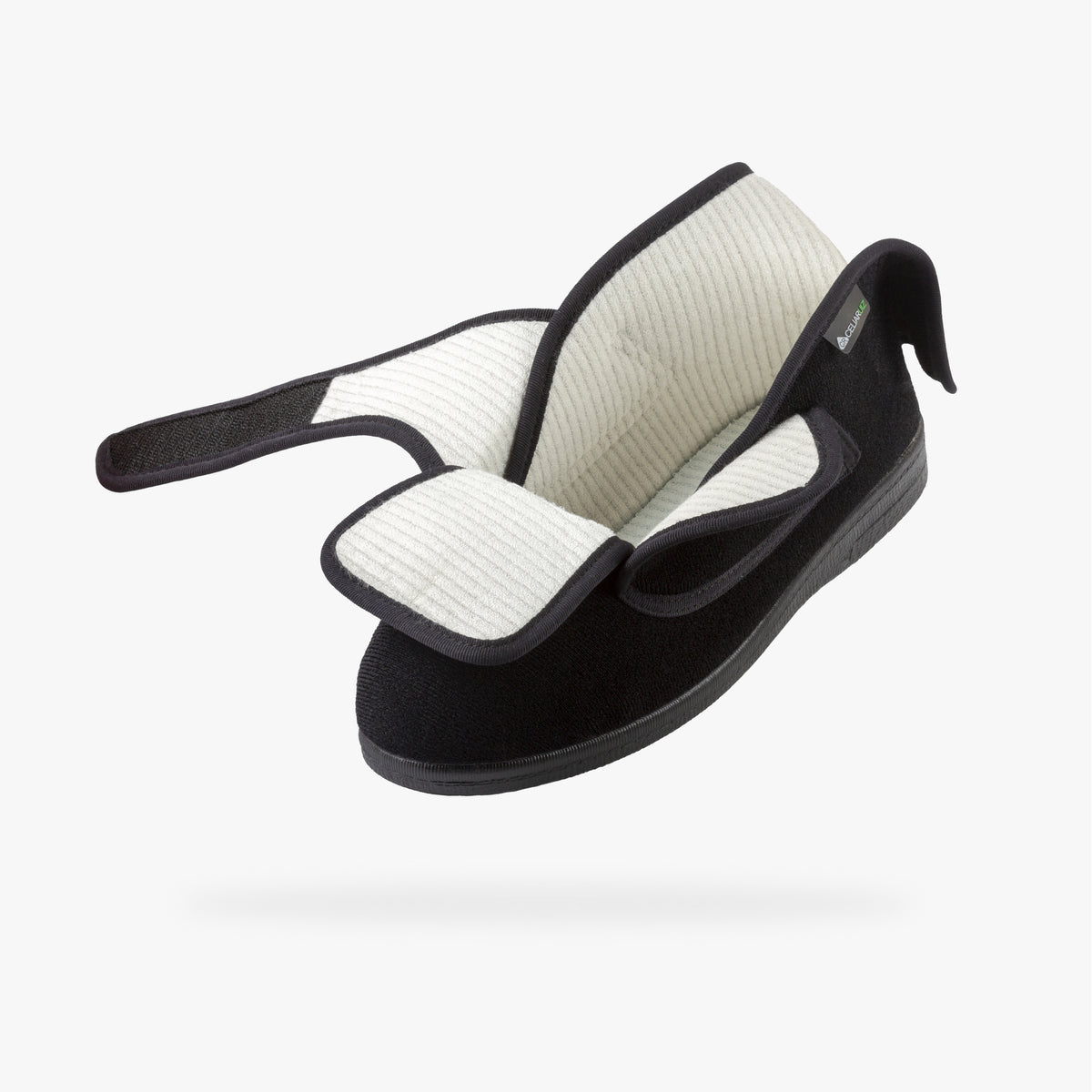Diabetes increases your risk of developing foot issues since it can damage your nerves and reduce blood supply to your feet. Small wounds and sores heal more slowly and may require more time to heal.
You may also experience poor or nonexistent foot sensation if your blood sugar is not well-controlled. It is possible that you aren’t even aware of a slight injury. Diabetes can also cause your feet ' skin to dry out and your heels to crack.
When you have diabetes, you need to take good care of your feet. Inform your doctor as soon as possible if you believe you have an infection. It can be prevented from spreading with early treatment. And because of that, you're more likely to stay away from bigger issues.
To avoid these serious foot problems that lead to the loss of a finger, foot, or leg, follow these guidelines:

• Check your feet everyday. Verify that they are free of blisters, ulcers, redness, swelling, or nail issues. Check every toe.
• Take care when you wash your feet. Use a gentle cloth or sponge to wash them and do not soak your feet.
• Cut nails carefully. Cut them straight across and trim the corners. Avoid trimming them too short as this may result in an ingrown nail.
• Wear clean, dry socks. Change them every day.
• Choose well the type of stockings you wear. Avoid tight elasticated stockings, as they reduce circulation. Don't wear thick or bulky socks, it could cause you irritation and an uncomfortable feeling.
• Wear socks to sleep. NEVER use hot water bottles or heating pads.
• Warm, dry feet are a must. Avoid getting wet feet in the rain or snow. Wear warm socks and shoes during the winter. When drying them, don’t rub, be careful and pat each foot, and between your toes with a towel.
• Never walk barefoot. Always put on slippers or shoes to avoid any injury.
• Control your diabetes. Keep your blood sugar levels under control.
• Avoid smoking. Smoking limits the blood circulation to the feet.
• Visit your podiatrist often. Have a foot and ankle doctor examine your feet on a regular basis to help you avoid diabetic foot issues.
• Use lotion. Lotion prevents dryness and therefore infections or wounds while keeping the skin moist and soft. Do not put lotion between your toes.
• Pay attention to your shoewear. As in what you could do to avoid any further injury, you must choose an appropriate pair of shoes that perfectly fit your feet so there is no possibility of an injury, ulcer or swelling.
• Avoid long walks. Although walking is one of the best physical activities you can do on a daily basis, avoid extremely long walks. Take several breaks and in each one of them remove your shoes and socks to control and verify that there are no signs of inflammation, redness, or any kind of injury.


